Life happens, and financial hardship is a harsh fact that can affect anybody. Whether it’s a job loss or mounting medical bills, sometimes individuals find themselves in a situation where they accumulate missed mortgage payments. Many homeowners in this scenario dread the possibility of losing their homes in a foreclosure auction.

If you are a homeowner who is already receiving the dreaded foreclosure notice from the bank, there may be hope. There are several ways to avoid foreclosure with the right type of financial information. One of the most effective alternatives to avoid foreclosure proceedings is to sell your house prior to the foreclosure sale.
We’ll go through what to anticipate before and throughout the home pre-foreclosure process in this post. We’ll also cover alternatives you may consider when selling your property to avoid foreclosure so you can make an informed decision.
What to expect once I stop making my mortgage payments?
When you stop making payments on your mortgage, you enter into delinquency. Once you’re delinquent, the clock starts ticking on the foreclosure process. In most states, that process can begin anywhere from 60 to 120 days after you miss your first payment.
Here’s a general rundown of what to expect throughout the lead-up to foreclosure, from top to bottom:
Late Charges and Other Fees start to Accrue
Your mortgage lender will add on late charges and other fees to your mortgage bill, starting as soon as you’re delinquent. This can make it even harder to catch up on your payments down the line.
Pre foreclosure Begins
There are two methods of foreclosure that vary from state to state; judicial and non-judicial foreclosures. In a nutshell, a judicial foreclosure must go through the court system via a civil lawsuit in which the bank sues the homeowner for missed payments. A non-judicial foreclosure entails selling the property without court approval or authorization using an auction process.
Most lenders prefer the non-judicial process.
Notice of Default
When a mortgage company records a notice of default at the county recorder’s office, the nonjudicial procedure formally begins. The contents of the notification, such as the nature of the default and how to correct it, are included within it. Within 10 days, the lender sends you a copy of the notice.
The borrower has three months to remedy the situation after being informed of a default (notice).
How long does the Foreclosure process take?
Foreclosure timelines can vary considerably, but the milestones are generally consistent. The foreclosure process may take months or even years to complete.
- Notice of trustee sale: The trustee places advertisements in local papers and puts up signs in public areas for several weeks before the sale, according on local rules, informing people about the property and its location and when it will be sold.
- Auction: The court-appointed trustee sells the property at public auction, establishing a minimum price based on the property’s appraised value, the remaining mortgage balance, and any outstanding tax obligations or other liens related with the property. The winner of the sale who meets or exceeds the minimum bid becomes owner of the property.
- REO: If no one meets the asking price, the property is foreclosed and reverts to the lender’s ownership as real estate-owned (REO). REO properties are typically sold “as-is,” and they frequently can be purchased at inexpensive rates.
- Notice of eviction: When an REO property is sold at auction or taken over by the lender as REO, the occupants are notified via a notice to vacate if they have not already. If they don’t depart within a certain time period (for example, 72 hours), the new owners will generally begin the eviction process.
Special Consideration

- Deed in lieu of: Another way to avoid foreclosure is through a deed in lieu of foreclosure. This occurs when you voluntarily sign over the property to the lender in exchange for the cancellation of the remaining balance of your mortgage debt. You should be aware that a deed in lieu of foreclosure will damage your credit rating and may be taxable.
- Buy your house back from the bank: If you are able to catch up on your monthly payments, you may be able to work out a deal with the bank to buy your house back. This is called a “deed in lieu of forfeiture.” With this type of agreement, you get your deed back and the lender gets the property. You will still have to pay off any missed payments, as well as interest and fees.
- Loan Modification: You may be able to set up a new repayment plan or lower your mortgage payment through a loan modification. This process changes the terms of your mortgage, usually by changing the interest rate, the length of the loan, or the principal amount.
- File Bankruptcy: Homeowners that declare bankruptcy can stop foreclosure and find relief, although it does come with consequences. Filing for bankruptcy will also damage your credit score and stay on your record for seven to ten years.
Is Short Sale a good option when Facing Foreclosure?

Short sales are more difficult and will stay on your credit report for years, but they may be the best option for you to sell your home and avoid worse financial trouble that might come from a foreclosure.
A short sale takes place when you sell your house for less than what you owe on the mortgage. If a bank thinks that the loss from a short sale would be lower than the loss from foreclosure, it may consent to one. In this case, the banks may require the use of an experienced real estate agent to gauge fair market value when selling your home.
Here are some scenarios most mortgage lenders consider during a short sale:
- You can prove financial hardship and can no longer afford your mortgage payments.
- You are unable to sell your home for enough money to pay off the mortgage amount and cover the costs of selling with the sale proceeds.
- You can’t afford to make up the difference between the sale price and what you owe on the mortgage loan, even if you sell your home.
What does the Short Sale Process Look Like?
The lender’s central role in a short sale is the most significant difference between it and a traditional home sale. While most house sales take place without the knowledge of the lender until late in the game, the lender is informed from the start of a short sale. As a result, a short sale cannot be finalized until the lender agrees.
The bank must also release the lien on the property, which allows you to sell it without paying off the entire mortgage balance remaining.
Should I hire a real estate agent?
Hiring an experienced real estate agent may be the first step you take if you are trying to sell your house in foreclosure. An experienced agent will also be able to help you determine if a short sale is the best option for you and if so, can guide you through the process. If the house is in fairly good condition then working with the right real estate agents to find the most qualified buyer would be the optimal strategy.
Sell to Direct Home Buyers
Sometimes selling your home to an investor is the best way to avoid dealing with a foreclosed home. Although the buyer’s offer may seem low, many homeowners would consider their offer to be a fair price to avoid dealing with their current financial situation. Here are some of the benefits of working with direct home buyers.
- You can sell your home fast
- You don’t have to make any repairs
- You can avoid real estate commissions and other closing costs
- You don’t have to worry about finding a buyer
Summary
Selling a house in foreclosure can be a difficult process, but there are options available to you. You can sell your home through a short sale, work with a real estate agent to find a potential buyer, or sell your home to a direct home buyer. No matter what route you choose, it’s important to remember that you have options and there is help available.
If you’re facing foreclosure, the best thing to do is act fast. The sooner you take action, the more options you’ll have available to you. Once you’ve decided on the best course of action for your situation, work with an experienced professional who can guide you through the process and help ensure that everything goes smoothly. Thanks for reading! We hope this was helpful.
Find a Houston Real Estate Investor | Ricky Pok | Wabi Sabi Realty Group
As always, it is important to do your due diligence when deciding to work with someone regarding selling your house. I started Wabi Sabi Realty Group as a way to help distressed clients that I couldn’t do otherwise while I was working as a mortgage lender. I was always troubled about how we had to decline or pawn off clients just because they were facing a situation that became way too complicated.
At Wabi Sabi Realty Group, we buy homes in any condition for all cash, without any fees or inspections, and have years of experience in the Houston, TX market. We are also dedicated to seeing all transactions through and are willing to invest upfront on transactions to make sure there are no complications during the home selling process.
If you or someone you know may be dealing with an issue that may require a real estate investor, please do not hesitate to reach out. Even if you believe that a real estate agent may be better suited, still feel free to reach out and I can definitely put you in contact with the top agents in your local market. For more information about how we can assist you, please give us a call at 281-306-5721 or fill out the form. We will be happy to talk to you about how we can buy your house for cash and close at a time that is convenient for you
Areas We Serve
Baytown, Conroe, Cypress, Deer Park, Galveston, Houston, Humble, League City, Missouri City, Pasadena, Spring and Sugarland, Texas.

